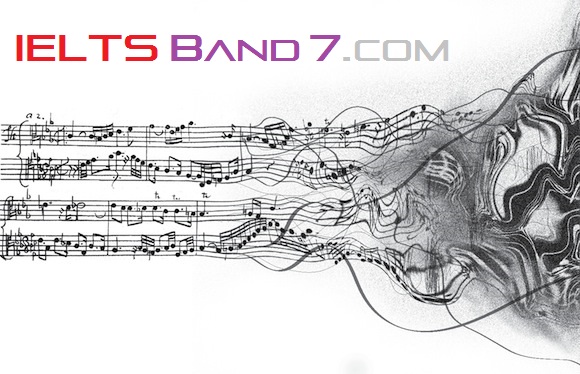The Social Media Effect # Practice Reading
Over the past 15 years, the world as we know it has been taken by storm through the onset (a beginning or start) of social media (websites and other online means of communication that are used by large groups of people to share information and to develop social and professional contacts). According to Com score (2011) about 90 percent of U.S. Internet users visit a social media site each month. Because we live in such a largely global-society (used to refer to a society that is being built in modern times in which all the people of the world have a good deal in common with one another), creating and maintaining an online presence has become most relevant (bearing upon or connected with the matter in hand) in promoting (to help or encourage to exist or flourish) your brand and expanding (to increase in extent, size, volume, scope, etc) your social network (a network of friends, colleagues, and other personal contacts).
As we know, perception (the act or faculty of perceiving, or apprehending by means of the senses or of the mind; cognition; understanding)is everything; especially in the world of social media. In terms of perception, we all have an ideal self. We all wish to maximize our careers, our profession, and aspire (to long, aim, or seek ambitiously) to be like those who we find most successful (achieving or having achieved success). As the use of social media continues to evolve; the concept of presenting our ideal selves versus our real selves has become more and more prevalent (widespread; of wide extent or occurrence; in general use or acceptance.) on social media platforms such as Facebook, Twitter, Instagram, Google+, Pinterest, and even LinkedIn.
As research (to search or search for again) suggests (to mention or introduce (an idea, proposition, plan, etc.) for consideration or possible action), your “real self” is what you are – your attributes (to regard as resulting from a specified cause; consider as caused by something indicated (usually followed by to), your characteristics (a distinguishing feature or quality), and your personality (the visible aspect of one’s character as it impresses others). Your “ideal self” is what you feel you should be; much of it due to societal and environmental influences. From a societal (noting or pertaining to large social groups, or to their activities,customs, etc.) standpoint (the point or place at which a person stands to view something), many of us are driven by competition (the act of competing; rivalry for supremacy, a prize, etc), achievement (something accomplished, especially by superior ability, special effort,great courage, etc.; a great or heroic deed), and status; hence, the creation (the act of producing or causing to exist; the act of creating;engendering.) and portrayal (a portrait)of our ideal selves.
Source : The Huffing ton Post

